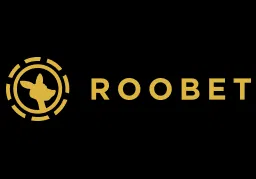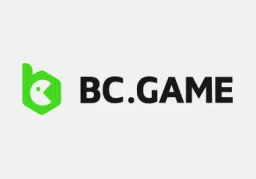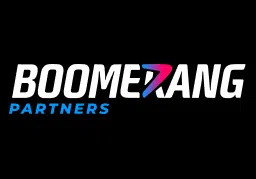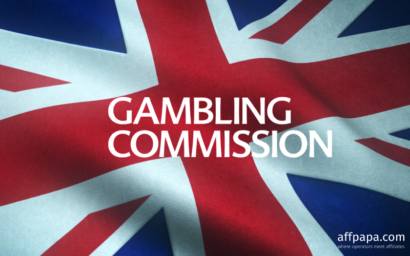Who plays online bingo: a changing demographic

You might think of bingo as a gambling activity strictly related to the over-60s age group, and it once was, but not anymore. Over the last ten years, bingo has undergone a revolution, not only in playing style but also in who’s joining the game – let’s take a look at who’s playing Britain’s most popular numbers game and what’s causing its current rise in popularity.
The bingo halls of days gone by
Bingo was first invented circa 1530 in Italy. It’s charted as first hitting British shores in the early 1800s, and from there, it quickly became one of the nation’s most popular games, loved for its carefree, social and fun nature.
At a high point in the UK, almost 600 bingo halls provided weekly entertainment to players. However, despite its raging popularity throughout the 80s and 90s, bingo has always been known as a game frequented by older players.
While fewer bingo halls are now in operation (under 400 as of 2022), bingo is going through a resurgence in popularity and a revival in player demographics. It’s currently estimated that the UK has over 3.5 million bingo players, bringing in almost $1 billion in gambling revenue yearly and accounting for nearly 3% of the UK’s total gross gambling yield.
For the most part, these players are now served by online bingo sites, with players using online bingo comparison sites, such as bestbingowebsites, to research and find the best bingo site for their playing preferences. This makes it easier and more efficient for players looking for a broader range of online bingo and other real money games to find their perfect match.
The online shift
Like most gambling activities, bingo had already moved online when the pandemic struck, but COVID accelerated the shift, increasing online players and closing the doors of remaining British bingo clubs. According to research, most online gambling activities, including poker, bingo, and casino games, grew six-fold among regular gamblers during the pandemic.
Bingo sites responded to the opportunity this provided to take a shot at bringing in a new demographic of players. This pulled in the results, and more 20 and 30-year-olds are now playing bingo than ever before, so what’s contributed to this demographic shift and brought bingo out of retirement and back into the limelight?
More products, more crossover, and more market appeal
Becoming a digital product made bingo more competitive, opening the game to a younger, more tech-driven audience and making it more widely available. Players can now access the game 24/7, from any device, without waiting for bingo night or a game to start.
Changing mediums, from in-person to online, has also allowed bingo operators to provide more choice and appeal to a broader market with multiple types of games, prize pots, and themes.
Alongside the main bingo product, modern bingo sites have become attractive to younger players, especially the male market, by integrating more products. For example, many bingo sites now offer slots, Slingo, and games based on sporting events, increasing the audience size and creating cross-selling opportunities for operators.
Modern payment methods suit the market
It’s not just the game that’s had a 21st-century makeover. Integrating modern, online payment methods, such as e-wallets, including Neteller and Skrill, and even cryptocurrency at online bingo sites has also made them more attractive and accessible to a younger demographic, who pay and play using these methods.
Online bingo means online bonuses
Bonuses are a significant onboarding and retention strategy for online gambling sites. New player bingo bonuses, no deposit deals, and the rise of no wagering bonuses have made it effortless and tempting for players to sign up and try out the game without worrying about bankroll. For this reason, many online bingo sites offer free play options on new player accounts, alongside on-going bonuses like daily free games that ensure players are engaged and have the chance to play.
The new bingo lingo
Bingo has always been a social game, and it’s one of its major draws. When bingo first moved online, many worried the game’s social dimension could be lost. However, this didn’t happen, and the new demographic of players is now creating its own rules and social community through online chat rooms that can be used while playing online.
The new generation of players has even reinvented bingo lingo, swapping out classic phrases, like “time for tea”, for more woke terms, such as “gluten-free” (aka the number 83). Even “two fat ladies” hasn’t been spared, and 88 is now “Wills and Kate”.
A social game: event nights and wild themes
Interestingly, while online bingo has been growing, so have in-person bingo games, but not at the same pace. What’s bringing in a younger demographic to play live bingo? Well, it’s bingo 2.0 and offers greater social engagement and an experience. According to Lane Terallever’s research (which breaks down gambling intent by generation), the experience is why most Gen Z players (18-24-year-olds) gamble.
Live bingo has proved the perfect game for younger players searching for experiences, and some companies have filled this spot in the market, providing wild bingo nights that blend theatre, live entertainment, and the classic numbers game for one-of-a-kind nights out.
Bingo: open to all
Bingo is, and has, changed to meet the needs of more modern gamblers, which in turn pulls in more players. Still, at its core, bingo has cross-generational appeal as it is a low-cost, fun gambling activity that anyone, regardless of skill level, experience, or finance, can enjoy. This makes it the perfect, stress-free escape for the casual players who make up the younger demographic, especially during a cost of living crisis.
























